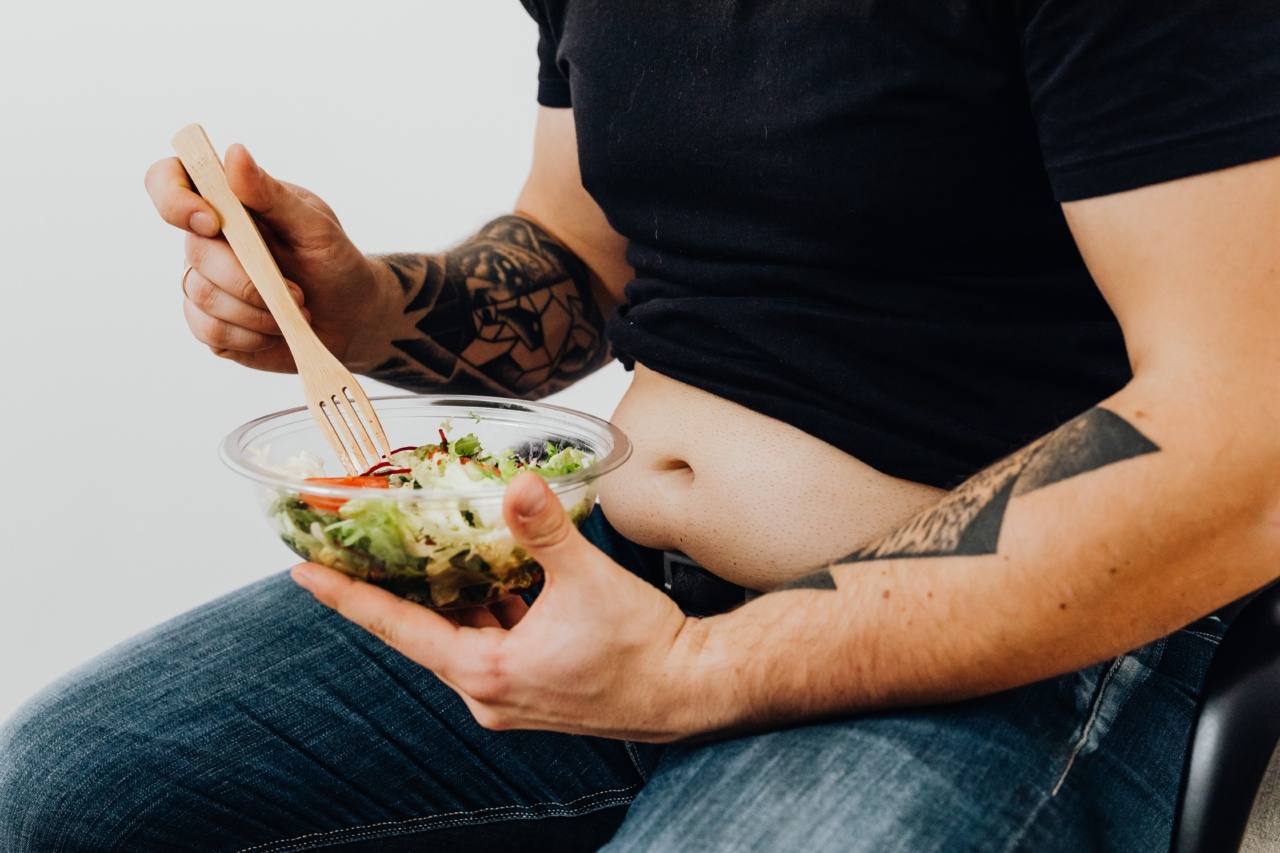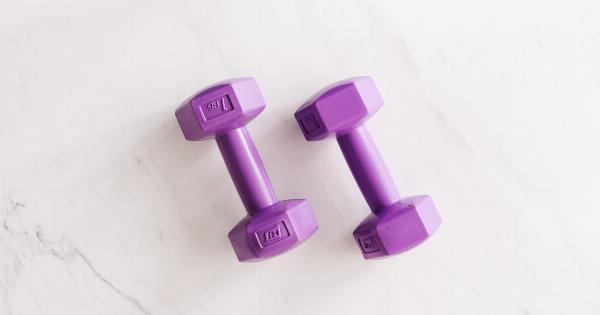Going on a diet is not always the best way to lose weight. It can become frustrating, especially if it involves too much deprivation and restriction. Instead, there are some simple ways to help you shed pounds without necessarily going on a diet.
Here are 30 ways to help you do just that:.
1. Drink Water
One of the easiest ways to lose weight is by drinking water. Water helps to hydrate your body, boost your metabolism, and eliminate toxins. Aim to drink 8-10 glasses of water daily.
2. Avoid Sugary Drinks
Sugary drinks like soda, juice, and energy drinks are high in calories and can wreak havoc on your weight loss goals. Instead, opt for water, unsweetened tea, or black coffee.
3. Walk More
Walking is a simple, low-impact way to help you lose weight. Aim to walk for at least 30 minutes per day.
4. Take the Stairs
Avoid elevators and escalators and take the stairs instead. This is a great way to increase your daily activity and burn calories.
5. Eat More Protein
Protein helps to keep you feeling full for longer, which can reduce your overall calorie intake. Aim to eat protein-rich foods like chicken, fish, tofu, and eggs.
6. Eat More Fiber
Fiber-rich foods like fruits, vegetables, whole grains, and legumes can help to keep you feeling full, regulate your digestion, and lower your cholesterol levels.
7. Do Yoga
Yoga can help you to relax and de-stress, which can have a positive effect on your weight loss goals. It can also improve your flexibility and increase your muscle strength.
8. Get Enough Sleep
Lack of sleep can have a negative effect on your weight loss goals. Aim to get 7-8 hours of sleep per night to help regulate your metabolism.
9. Snack on Nuts
Nuts are a healthy, high-protein snack that can help to keep you feeling full and satisfied between meals. Avoid nuts that are coated in sugar or salt.
10. Use Smaller Plates
Research has shown that using smaller plates can help you to eat less without even realizing it. Try using smaller plates to help control your portion sizes.
11. Practice Mindful Eating
Pay attention to your food and eat slowly. This can help you to recognize when you feel full and prevent overeating.
12. Limit Your Alcohol Intake
Alcohol is high in calories and can often contribute to weight gain. Limit your alcohol intake to no more than one or two drinks per day.
13. Avoid Fast Food
Fast food is often high in calories, fat, and sodium, which can cause weight gain. Avoid fast food and opt for healthier options instead.
14. Find a Workout Buddy
Finding a workout buddy can help to keep you motivated and make exercise more enjoyable. This can ultimately contribute to your weight loss goals.
15. Practice Portion Control
Pay attention to the amount of food you eat at each meal and try to stick to recommended portion sizes. This can help you to control your calorie intake.
16. Cook at Home
Cooking at home gives you more control over the quality and quantity of the food you eat. It can also save you money and support your weight loss goals.
17. Drink Green Tea
Green tea is high in antioxidants and can help to boost your metabolism, which can ultimately contribute to weight loss.
18. Avoid Processed Foods
Processed foods are often high in additives, preservatives, and calories. Avoid processed foods and opt for whole, natural foods instead.
19. Try Intermittent Fasting
Intermittent fasting involves restricting your calorie intake for a certain period of time each day. This can help to boost your metabolism and ultimately contribute to weight loss.
20. Use a Fitness Tracker
Fitness trackers can provide you with valuable information on your daily activity levels, which can help you to track your progress and make changes to your routine if needed.
21. Join a Fitness Class
Joining a fitness class can help to keep you motivated and make exercise more fun and enjoyable.
22. Swap Refined Carbs for Whole Grains
Refined carbs like white bread, pasta, and rice are high in calories and low in nutrients. Swap these out for whole grain products, which are high in fiber and can keep you feeling full for longer.
23. Plan Your Meals
Planning your meals ahead of time can help you to stay on track with your weight loss goals and avoid impulsive eating.
24. Reduce Your Salt Intake
Reducing your salt intake can help you to lose excess water weight and reduce your risk of high blood pressure.
25. Eat More Fruits and Vegetables
Fruits and vegetables are low in calories and high in nutrients, making them an ideal food for weight loss.
26. Chew Your Food Slowly
Chewing your food slowly can help you to eat less and prevent overeating. It can also aid in digestion and nutrient absorption.
27. Use Spices Instead of Salt
Using spices and herbs to flavor your food instead of salt can help you to reduce your sodium intake and make your food more flavorful.
28. Practice Meditation
Meditation can help to reduce stress and anxiety, which can have a positive effect on your weight loss goals. It can also improve your overall mental and emotional well-being.
29. Stand Up and Move More
Sitting for long periods of time can have a negative effect on your overall health and weight loss goals. Aim to stand up and move around every hour.
30. Practice Self-Care
Take care of yourself both physically and mentally. This can include things like getting a massage, taking a bath, or practicing yoga.




























